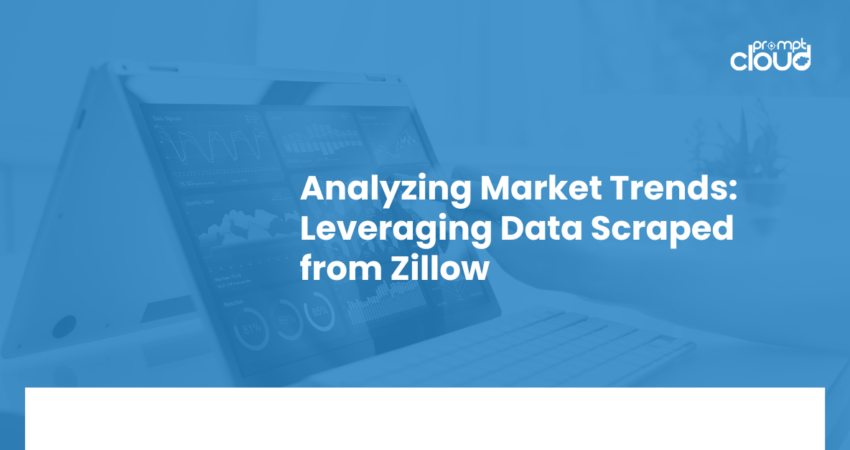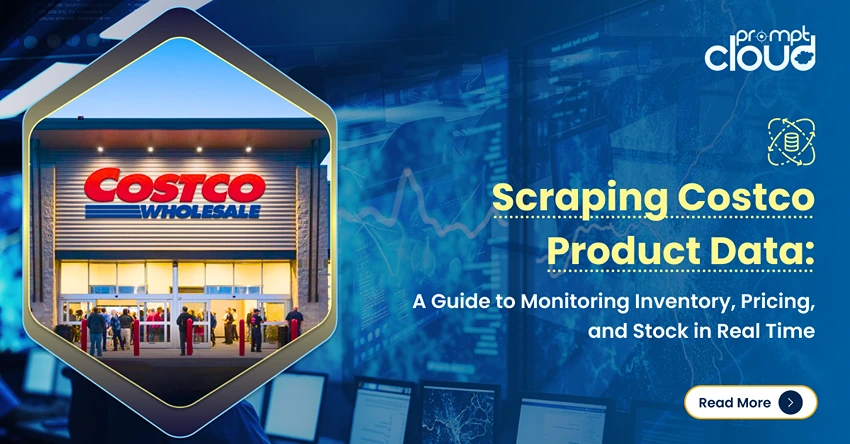
Imagine having the ability to peer into the heart of the real estate market, decipher its rhythms, and predict its future. Zillow, a prominent online real estate platform, stands as a colossal reservoir of information. It offers not just glimpses but entire panoramas of property listings, market trends, and property values. It’s akin to having a master key that opens the doors to understanding real estate dynamics like never before. So, let’s embark on this journey together, and discover the incredible potential that lies within Zillow’s data.
The Power of Data in Real Estate
Data has brought about a significant transformation in the real estate sector, providing professionals with precious insights for market trend analysis, spotting investment prospects, and grasping buyer preferences. It has become a crucial element in the decision-making process, enabling professionals to make informed choices backed by data, rather than solely relying on gut feelings.
Zillow as a Data Source
Zillow stands out as a top-choice resource for real estate data. This online real estate marketplace is a go-to platform offering a treasure trove of information on properties, market trends, and home values. It compiles an extensive dataset from diverse sources, making it an invaluable asset for those seeking insights into the real estate market.
Benefits of Scraping Zillow Data
Scraping Zillow data unlocks a multitude of benefits for those looking to gain a competitive edge in the real estate industry. Here are some key advantages:

Image Source: https://apiscrapy.com/
- Access to Comprehensive Data: Zillow contains a vast database of property information, including property details, historical sales data, market trends, and pricing insights. Scraping this data allows professionals to access a comprehensive range of information in one centralized location.
- Identifying Investment Opportunities: By scraping Zillow data, investors can identify emerging market trends, spot undervalued properties, and make well-informed investment decisions. This data-driven approach eliminates guesswork and increases the chances of generating profitable returns.
- Understanding Buyer Preferences: Real estate agents can leverage scraped data from Zillow to understand buyer preferences, such as the most sought-after neighborhoods, amenities, property types, and price ranges. This information enables agents to tailor their offerings to meet the demands of potential buyers effectively.
- Pricing Strategy: Zillow data scraping enables professionals to track pricing trends, analyze price fluctuations, and determine the optimal price for a property. This information is invaluable for sellers looking to maximize their profits and buyers hoping to negotiate a favorable deal.
Scraping Zillow Data at Scale
Scraping Zillow data at scale requires the use of advanced web scraping techniques and tools. While manual scraping is possible for smaller datasets, automated scraping allows for efficiency and accuracy when dealing with large volumes of data. There are several web scraping tools available that can help extract data from Zillow in a structured and organized format.
Making sure your data scraping process is ethical and abides by Zillow’s Terms of Service is crucial. We strongly advise consulting with legal experts and relying on trustworthy web scraping tools to stay within legal boundaries and steer clear of any legal complications.
Analyzing Market Trends with Zillow Data
Once you’ve successfully scraped and acquired the Zillow data, you can dive into a thorough analysis to unveil valuable market trends, patterns, and insights. Let’s explore some of the crucial aspects where Zillow data can be put to analytical use:
- Price Trends: By analyzing historical sales data and price fluctuations, professionals can identify patterns and trends in specific neighborhoods or property types. This information helps in determining the right time to buy or sell a property and predicting future market movements.
- Inventory Analysis: Zillow data provides valuable insights into the availability and demand for properties in various markets. Analyzing inventory data helps in understanding supply and demand dynamics, identifying market saturation, and predicting future trends.
- Rental Market Analysis: Scrapped rental data from Zillow can be analyzed to gauge rental prices, vacancy rates, and rental yield in different areas. This information is beneficial for investors and property managers looking to optimize their rental income.
- Demographic Analysis: Zillow data can also be utilized to understand the demographic composition of different neighborhoods or markets. This analysis helps identify target buyer segments and tailor marketing strategies to effectively reach potential customers.
Conclusion
In the ever-evolving real estate industry, understanding market trends is key to making informed decisions and staying ahead of the competition. Zillow data scraping provides an invaluable resource that allows professionals to access comprehensive information, identify investment opportunities, and understand buyer preferences.
However, it is crucial to approach data scraping ethically and legally. Adhering to proper scraping techniques and consulting legal professionals ensures compliance with the law and protects against any potential legal risks.
By harnessing the power of Zillow data scraping and performing in-depth analysis, professionals in the real estate industry can unleash the full potential of market trends and enhance their success in this dynamic field.
To gain valuable real estate market insights, it’s crucial to scrape Zillow data. With its extensive property information database, Zillow offers a wealth of data to understand market trends and investment opportunities. Simplify and enhance your data scraping process with a service like PromptCloud. Our expertise and advanced techniques ensure accurate and efficient Zillow data extraction, taking your real estate analysis to the next level.
FAQ’s
1. Is it possible to scrape Zillow data?
Indeed, it is technically feasible to scrape data from Zillow, although it presents certain challenges. Zillow has implemented measures such as rate limiting and CAPTCHAs to dissuade scraping attempts. While achievable, this endeavor may necessitate advanced techniques and could potentially breach Zillow’s terms of service.
2. Does Zillow prevent web scraping?
Absolutely, Zillow actively employs mechanisms to thwart web scraping on its platform. They utilize various anti-scraping techniques like rate limiting and CAPTCHAs to safeguard the integrity of their data. Their Terms of Use explicitly prohibit automated access without prior authorization.
3. Is it legal to scrape data from Zillow?
Scrutinizing Zillow’s data without explicit consent likely contravenes their terms of service and may carry legal ramifications. Zillow’s terms unequivocally state that automated access, including scraping, is proscribed without prior written approval. Engaging in scraping without authorization could lead to legal consequences.
4. How do I get raw data from Zillow?
To obtain Zillow’s data lawfully, it is advisable to explore their authorized data access avenues. Zillow offers APIs for developers to access structured data in compliance with their terms of service. Adherence to Zillow’s API terms, inclusive of any associated usage constraints and fees, is imperative. Alternatively, one can explore options to procure or license data directly from Zillow for specific purposes.



















